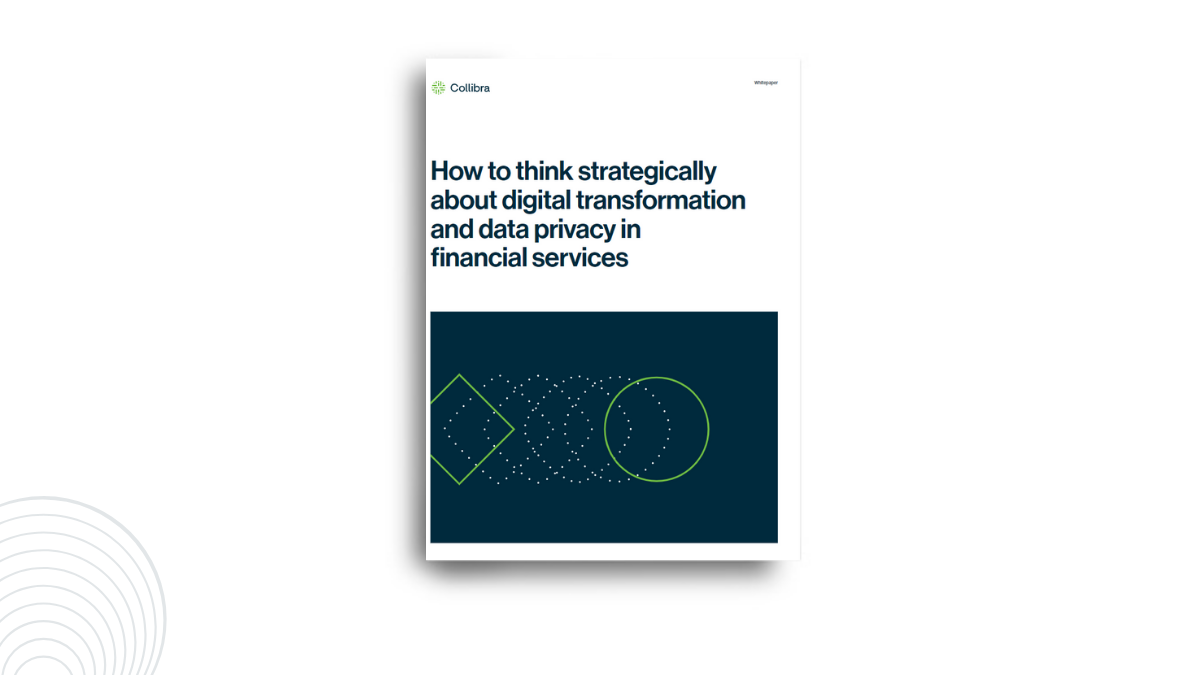Traditional financial services firms around the globe — banks, insurers and asset managers — need to embrace both digital transformation and data privacy simultaneously to thrive in the coming decade. These two objectives are deeply intertwined because the success of digital transformation programs is highly dependent on an organization’s ability to engage with personal data, including data privacy compliance and ethics issues.
48% of financial services organizations have embedded fintech fully into their strategic operating model and 94% are confident that fintech will support their organization to deliver revenue growth over the next two years.
Many financial services firms are rushing to adopt more technologically sophisticated approaches to fostering and sustaining customer relationships. According to a recent PWC survey, 48% of financial services organizations have embedded fintech fully into their strategic operating model and 94% are confident that fintech will support their organization to deliver revenue growth over the next two years. More than half of the financial services executives polled assert that emerging technologies and artificial intelligence (AI) will transform the way companies deliver products over the next two years. The report declares, “Sharp use of AI, IoT and big data is critical in creating the necessary customer insight and agility to meet demands. It’s also a matter of culture; firms need to embrace data-driven decision making and move from product push to customer pull.
The survey also shows that the top challenge for financial services in implementing a fintech strategy are “security, compliance, and data privacy risks and related issues.” Companies may not entirely understand the close relationship between these issues and the way they manage personal data — data management challenges only ranked sixth in the survey. This could be because financial services (FS) firms are using fintech in only one way — to focus on the ease of use of their digital platforms and to
provide faster services and processes. Instead, firms could also use this information to focus on improving personalization and the customer experience. Fundamentally, financial services firms need to engage with
personal data successfully — which includes being compliant and ethical in the use of this data — to build and retain customer relationships.
This white paper examines some challenges that may be holding financial services firms back from engaging with personal data in a way that supports digital transformation. Next, the paper explores ways company executives could think more strategically about supporting data privacy to achieve their Data Intelligence goals. Lastly, the paper describes seven key actions to achieve Data Intelligence by implementing a holistic strategy around personal data. These are practical steps organizations can take to
align investment in data privacy compliance and ethics with their digital transformation strategy.
Resource Sponsored By

Please fill out the form to access the content

